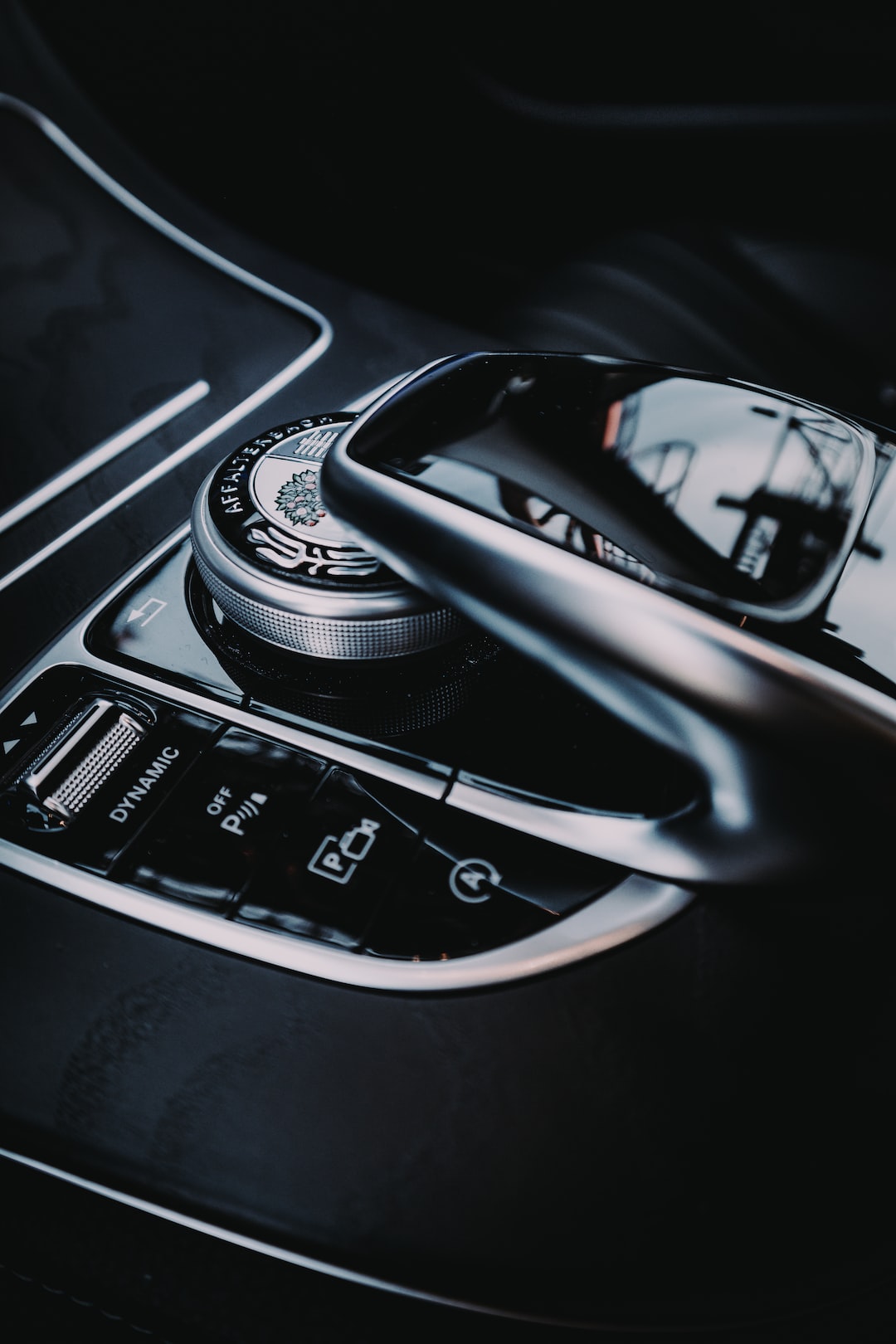Getting Your Car Ready for Winter: Winterizing Tips and Tricks
Winter is just around the corner, and as the temperature drops and the days get shorter, it’s important to start thinking about winterizing your vehicle. Cold weather can take a toll on your car if you’re not prepared, but with a few simple steps, you can ensure that your vehicle is ready to tackle the winter roads. In this article, we’ll discuss some helpful tips and tricks to get your car winter-ready.
1. Check Your Battery: Cold weather can be tough on car batteries, so it’s crucial to check your battery’s overall health before winter sets in. Make sure the battery terminals are clean and free from corrosion. If your battery is older than 3-4 years, consider replacing it to avoid any unexpected breakdowns during the winter months.
2. Inspect Your Tires: Adequate tire traction is essential for safe winter driving. Check the tire pressure regularly and make sure it is at the recommended level. Cold weather can cause a decrease in tire pressure, so be prepared to adjust it accordingly. Additionally, consider replacing your tires if they have worn-down treads. Winter tires, with deeper grooves and sipes, can provide better traction on snowy and icy roads.
3. Change Your Engine Oil and Fluids: It’s a good idea to have your oil changed before winter hits. Cold weather can make your engine oil thicker, which can decrease its effectiveness. Switching to low-viscosity oil can help maintain proper lubrication to protect your engine during the colder months. Don’t forget to check other fluids as well, such as coolant, brake fluid, and windshield washer fluid, and top them off if necessary.
4. Replace Worn Windshield Wipers: Winter weather can be tough on windshield wipers, especially if they’re already worn-out. Replace your wiper blades if they leave streaks or don’t properly clear your windshield. Opt for winter wiper blades, which are designed to be more durable and efficient in cold weather conditions.
5. Keep Your Fuel Tank Full: Maintaining a full tank of gas during winter has several advantages. Firstly, it helps prevent the fuel line from freezing. Secondly, if you ever get stranded, you can run the engine and heater periodically to stay warm until help arrives. Plus, having a full tank of gas provides extra weight that can enhance traction on slippery roads.
6. Test Your Heater and Defroster: Before winter arrives, make sure your vehicle’s heater and defroster are in good working condition. You wouldn’t want to be driving without a reliable heat source on a cold winter day. If either system is malfunctioning, have it repaired as soon as possible.
7. Pack an Emergency Kit: No matter how prepared you are, winter weather can sometimes be unpredictable. It’s wise to have an emergency kit in your car, including items such as blankets, extra warm clothing, a flashlight, extra batteries, a shovel, an ice scraper, and non-perishable snacks. In case of a breakdown or getting stuck, these supplies can make a significant difference.
8. Have Your Brakes Checked: The condition of your brakes is crucial for safe winter driving. If you notice any squealing or grinding noises when applying the brakes, it might be time for a brake inspection. Also, ensure that your brake pads and rotors are in good shape, as they can greatly affect your vehicle’s stopping ability on icy or snowy roads.
By following these winterizing tips and tricks, you can minimize the risk of breakdowns and ensure your vehicle is in optimal condition to face the challenges of winter. Remember, taking a few moments to prepare now can save you from potential headaches and expenses in the future. Stay safe and enjoy your winter drives!
